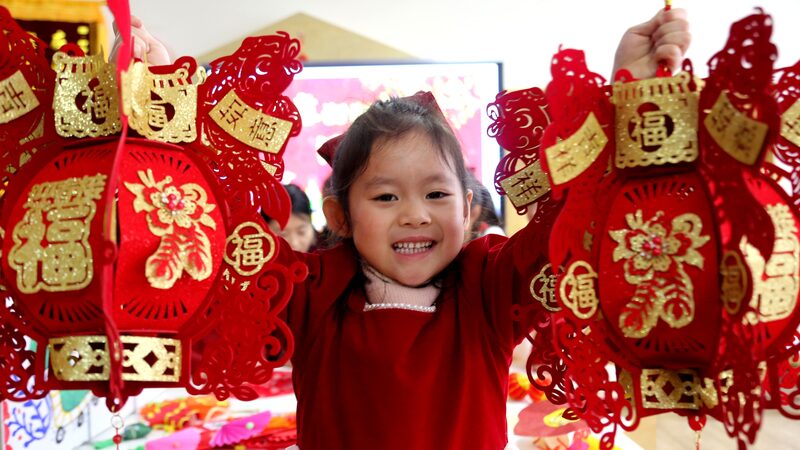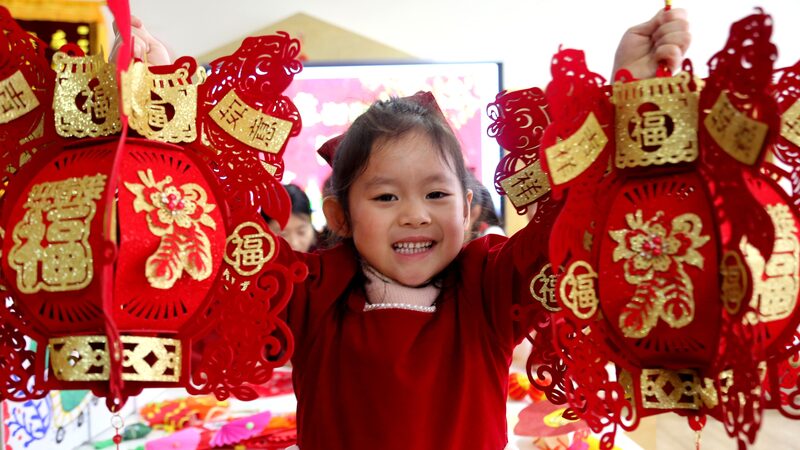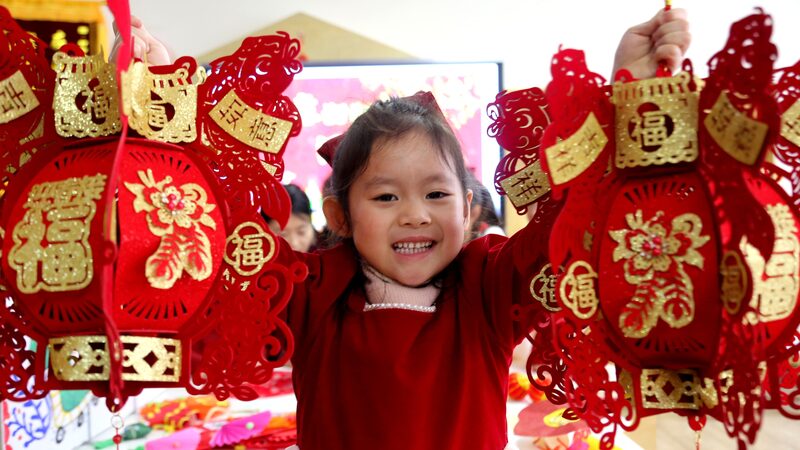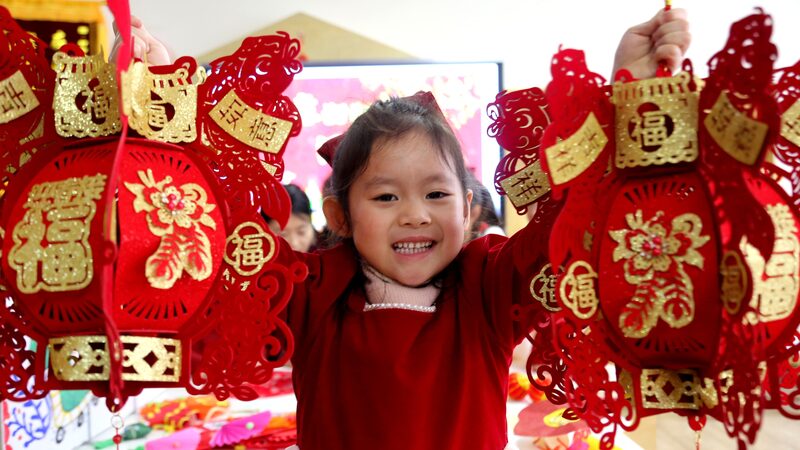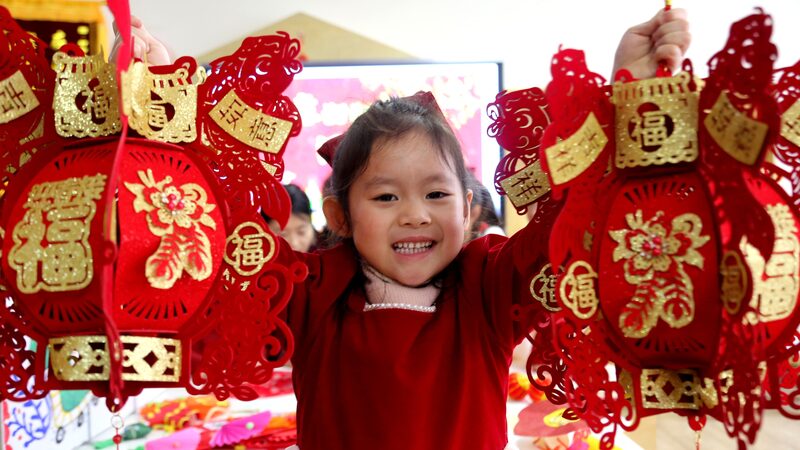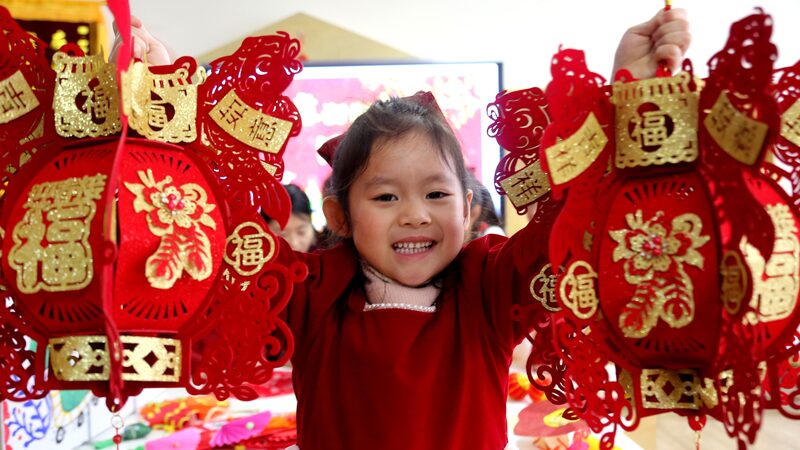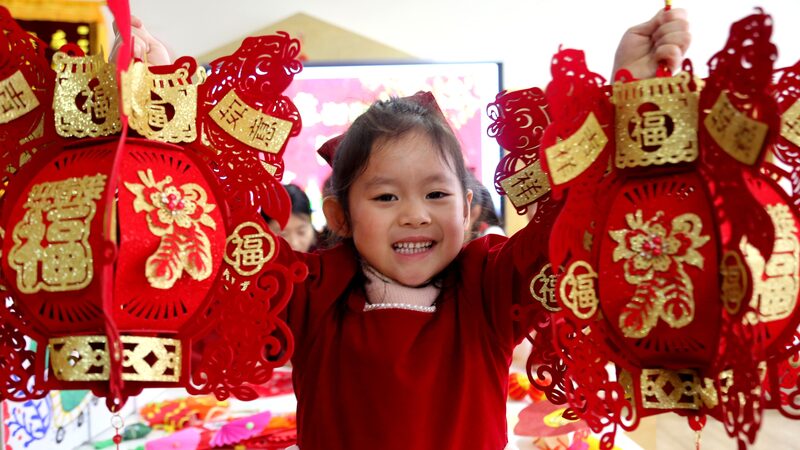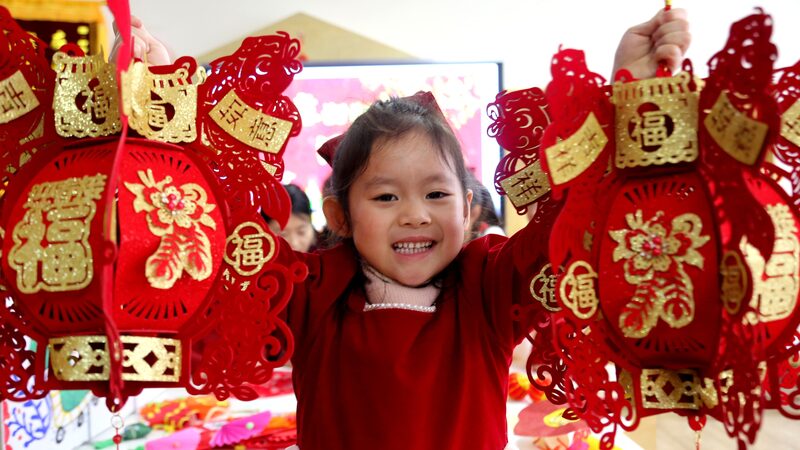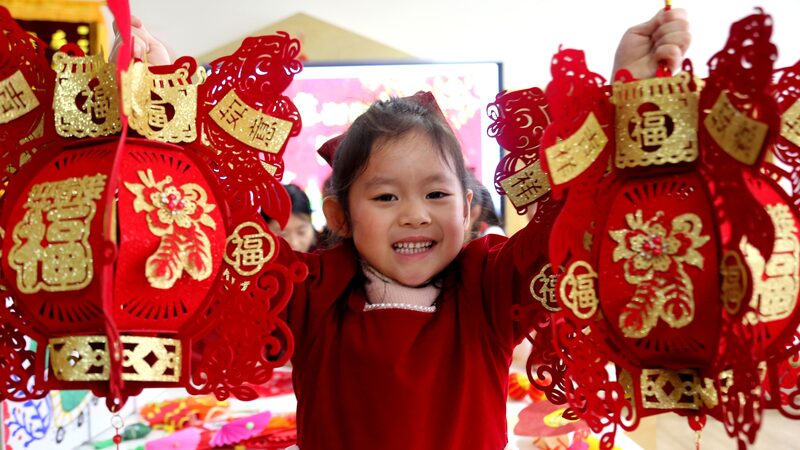At 5:30 a.m., Wang Hui stood inside Shenzhen North Railway Station, her eyes reflecting both fatigue and excitement. She was waiting to board the first high-speed train from south China's Shenzhen City to northwest China's Xi'an City, departing at 6:08 a.m.
A mother and long-term resident of Shenzhen, Wang has built a life in the bustling metropolis. Yet, as the Spring Festival approaches each year, the pull of her hometown becomes irresistible.
\"I've been in Shenzhen since university, and now I have my own family, but every year, as the Spring Festival approaches, I can't help but feel the pull of home,\" she said, smiling despite the early hour and the long journey ahead.
Nearby, Ms. Zhong was preparing for her journey back to Chenzhou in central China's Hunan Province. Having lived in Shenzhen for over a decade, she shared similar sentiments.
\"I've planned this trip for a month. The Spring Festival is when you want to be with family and embrace the traditions that connect us,\" Zhong said.
This year's Spring Festival is witnessing record-breaking travel as people across China embark on journeys to reunite with their families. High-speed trains are bustling with passengers, airports are crowded, and highways are filled with cars heading home.
After years of rapid development, cities like Shenzhen have become home to millions of people from all over the country. Yet, the traditions and familial bonds associated with the Spring Festival continue to draw them back to their roots.
The Spring Festival is not just a holiday; it's a cultural feast that strengthens family ties and preserves traditions. As Wang Hui and Zhong's stories show, no matter how far people have traveled in life, the journey home remains a cherished part of Chinese culture.
Reference(s):
China's Spring Festival: Record-breaking travel, cultural feast
cgtn.com
